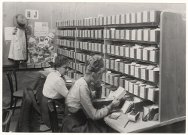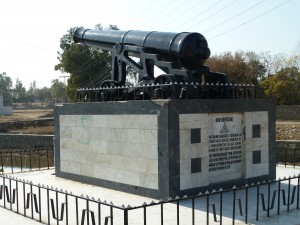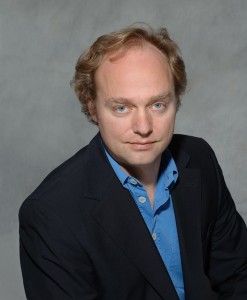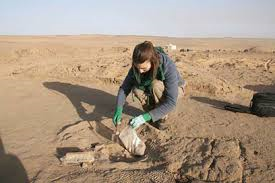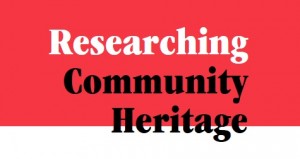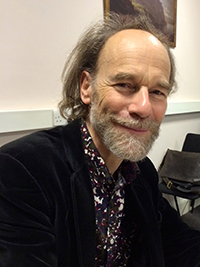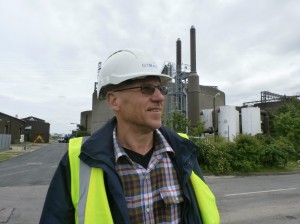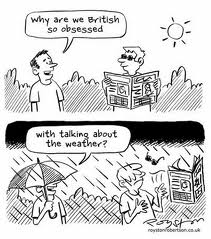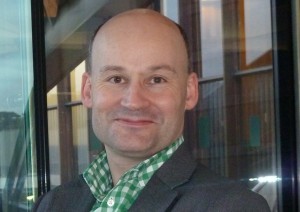The article below was written by Malcolm Lucard and is cross-posted from the Red Cross Red Crescent Magazine. It includes material from an interview with Prof Andrew Thompson, Leadership Fellow of Care for the Future: Thinking Forward through the Past.
History in the making
Malcolm Lucard
Internal records from the ICRC’s archives concerning the conflicts of the 1960s and 1970s shed light on a decisive era for humanitarian action.
In a small room in the basement of ICRC headquarters in Geneva, Switzerland, historian Andrew Thompson methodically pores through folders full of documents — typewritten mission reports, confidential telegrams and hand-written letters — never before seen by people outside the ICRC.
“It is a process of discovery,” says Thompson, a professor of history at Exeter University in the United Kingdom. “There is a sense of expectation and anticipation not knowing what is going to be there. For a historian, it’s a bit like opening a birthday present, or like going into a candy shop.”
The ‘candy shop’ in this case is the ICRC archives, where Thompson is exploring 40- to 50-year-old records to be released to the public in January 2015 under the ICRC’s policy of making internal documents public in blocks of ten years once 40 years have passed since the events they describe.

